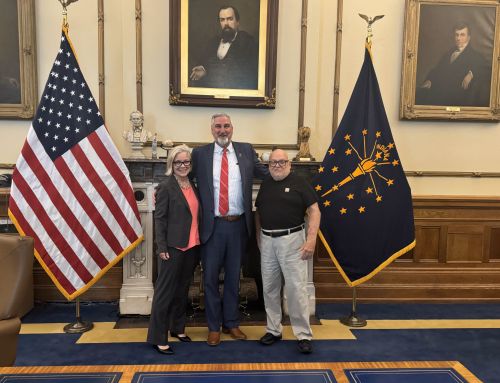Telemedicine is the practice of using technology to deliver various medical services to patients. Examples include video visits with physicians, scheduling appointments online and using electronic devices to monitor vital signs. Medicare coverage for this type of health care remains restricted due to guidelines from the Social Security Act. A new piece of legislation, introduced by a bipartisan group of Senators, would waive these coverage restrictions.
The new bill, called the Creating Opportunities Now for Necessary and Effective Care Technologies (CONNECT) for Health Act, would create a “bridge program” for health providers who use certain payment models. Under the program, providers would have access to telehealth tools and would be required to submit reports on how the technology has helped save money and improve patient care. The legislation would also expand telemedicine reimbursement options to non-hospital sites, including dialysis facilities and rural health clinics. Patients with chronic conditions would have access to remote patient monitoring, technology allowing health providers to monitor health data in real time.
The bill is currently backed by seven members of Congress. Various health care organizations, such as the American Medical Association and the America Telemedicine Association, have also offered their support. DPC will continue to monitor this legislation and work to ensure that ESRD patients are not excluded.




























